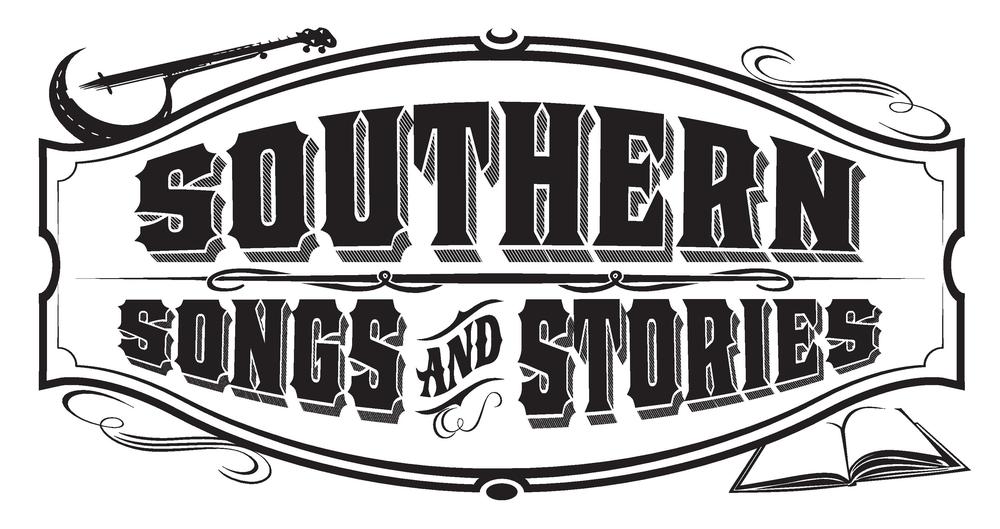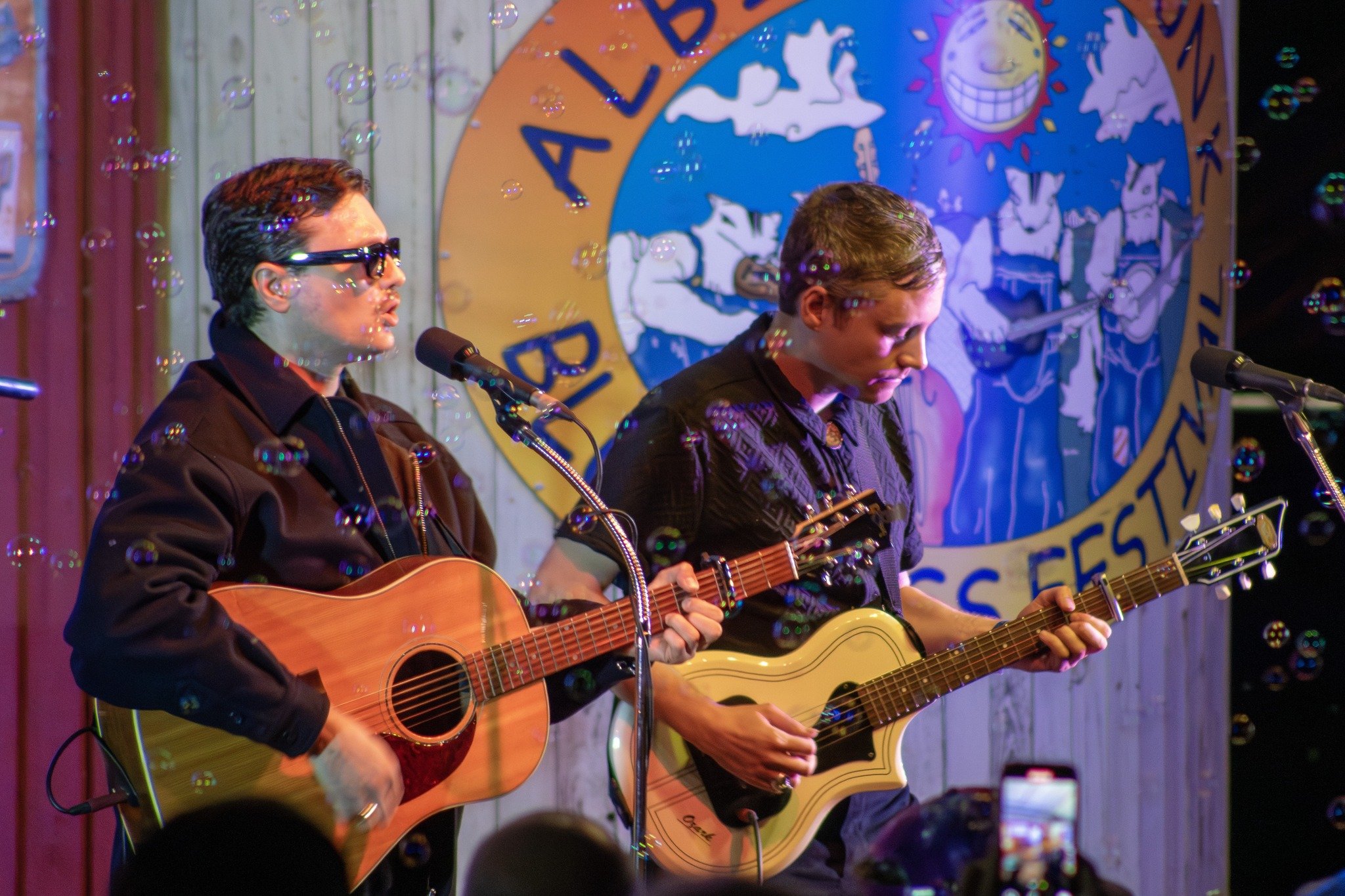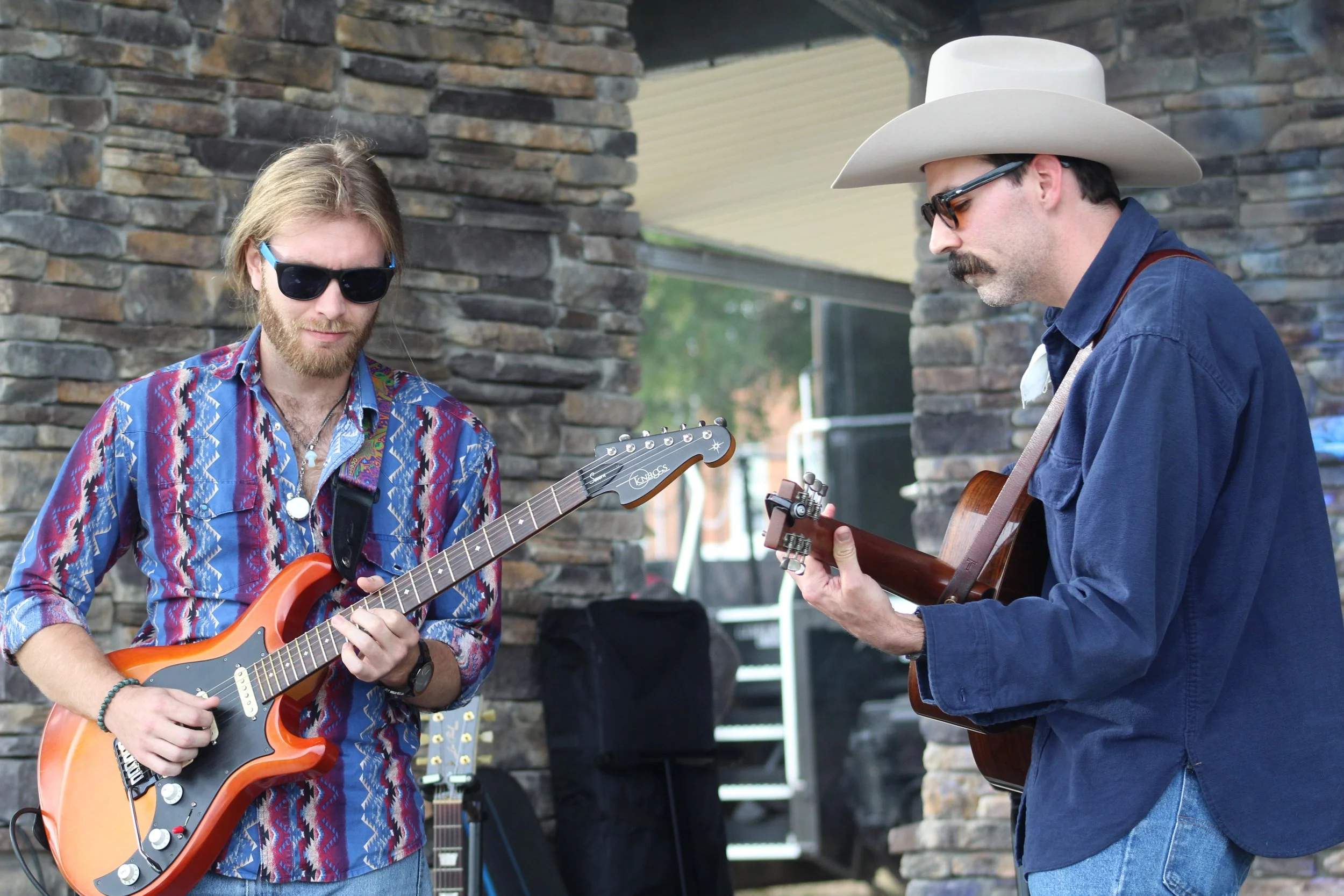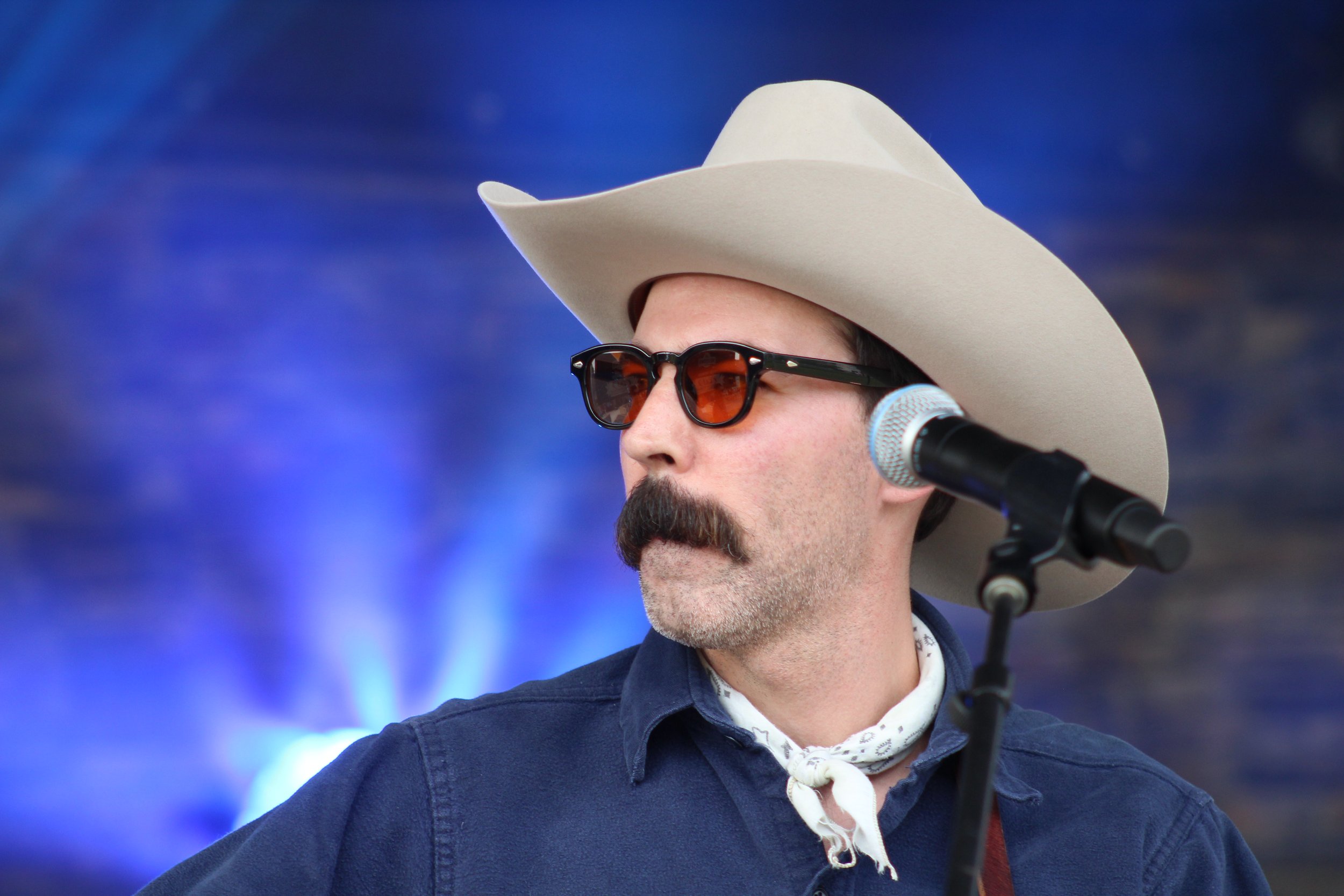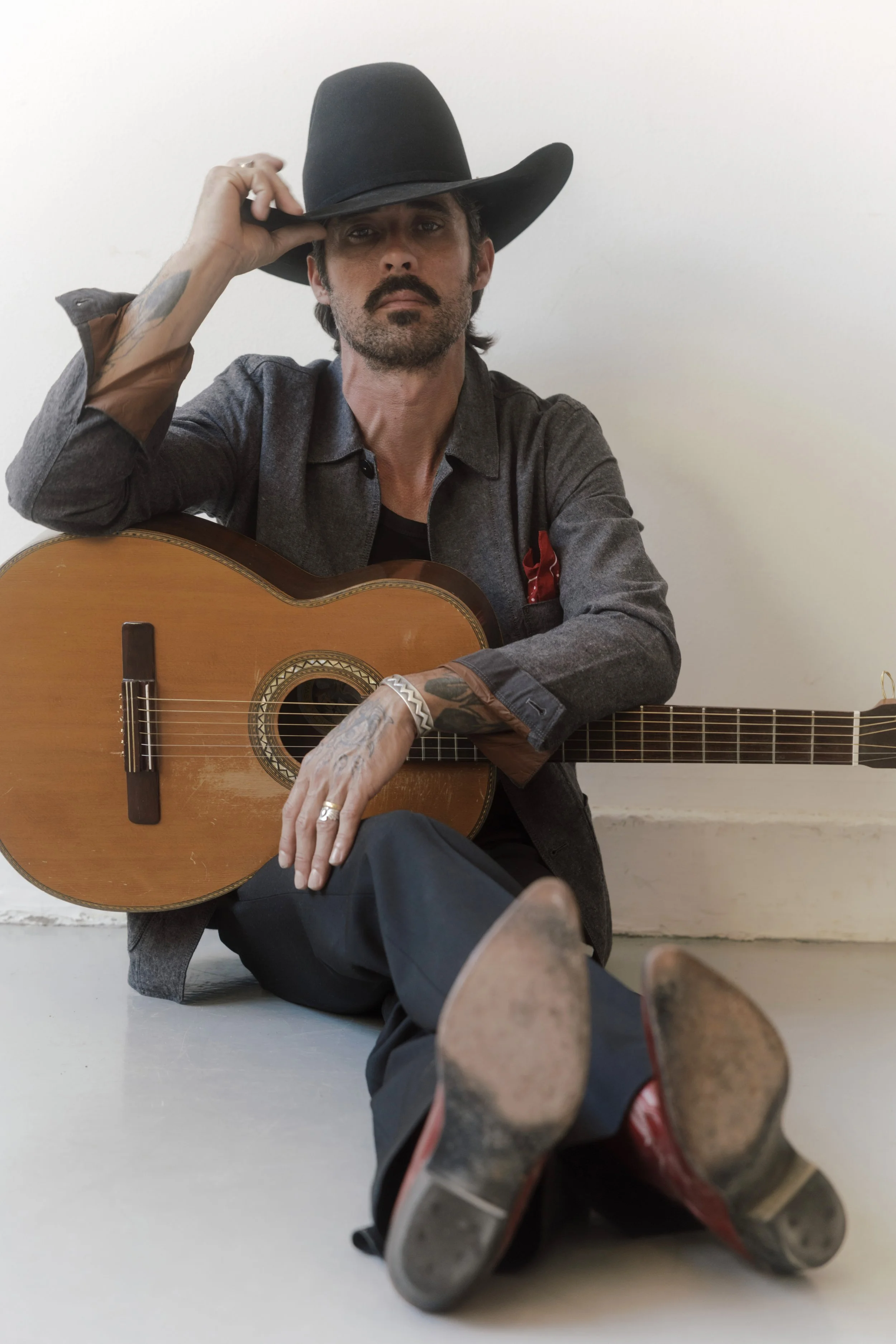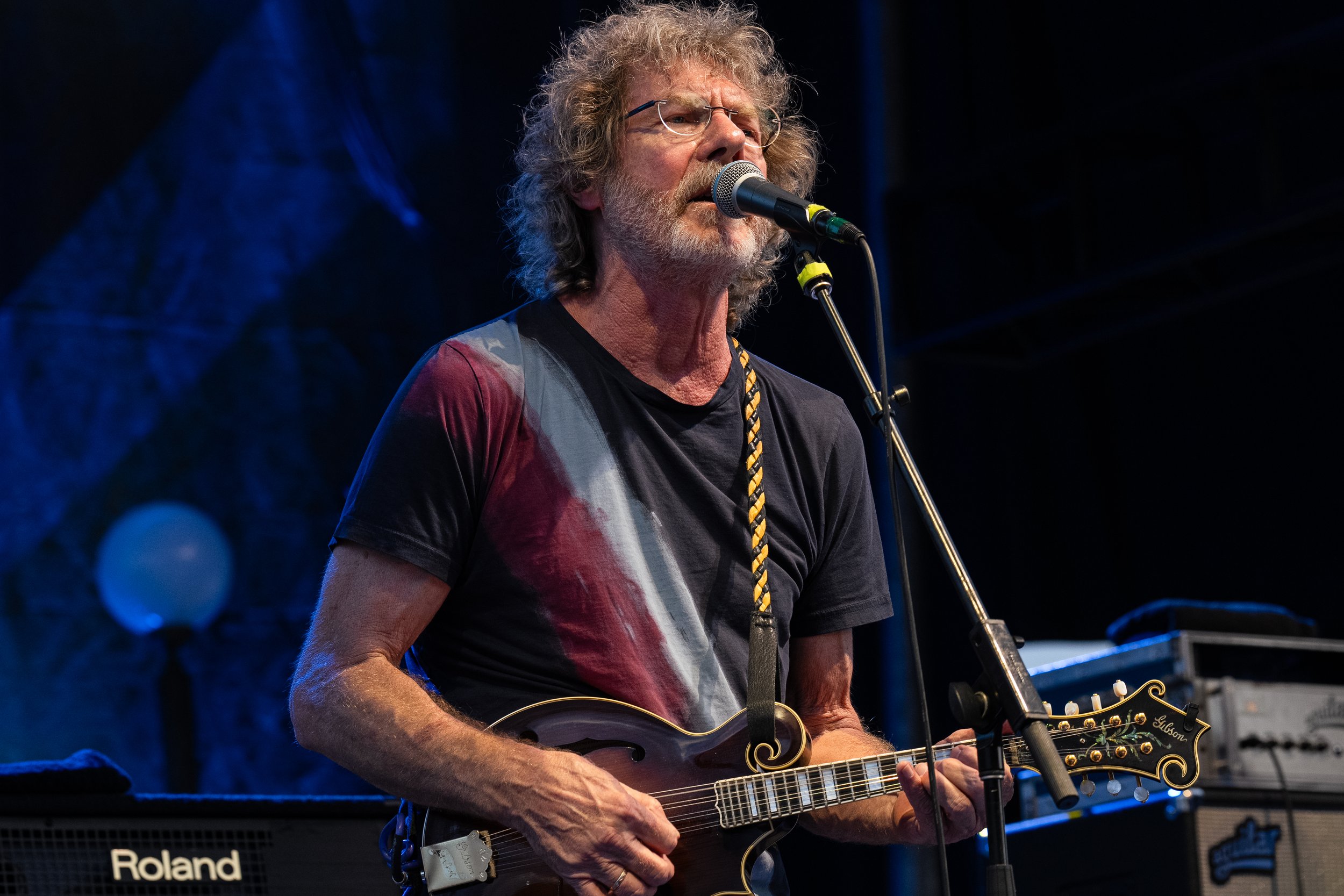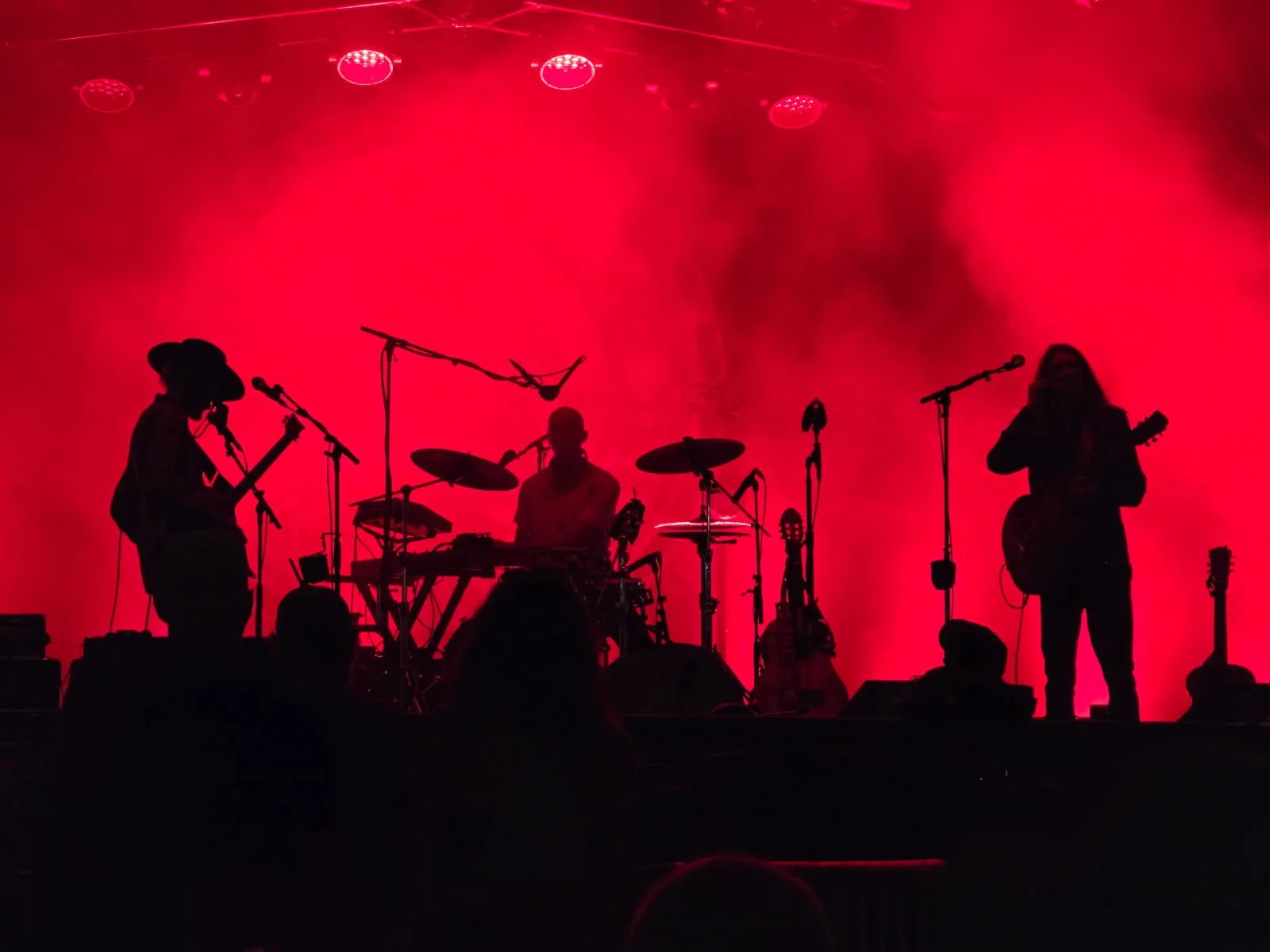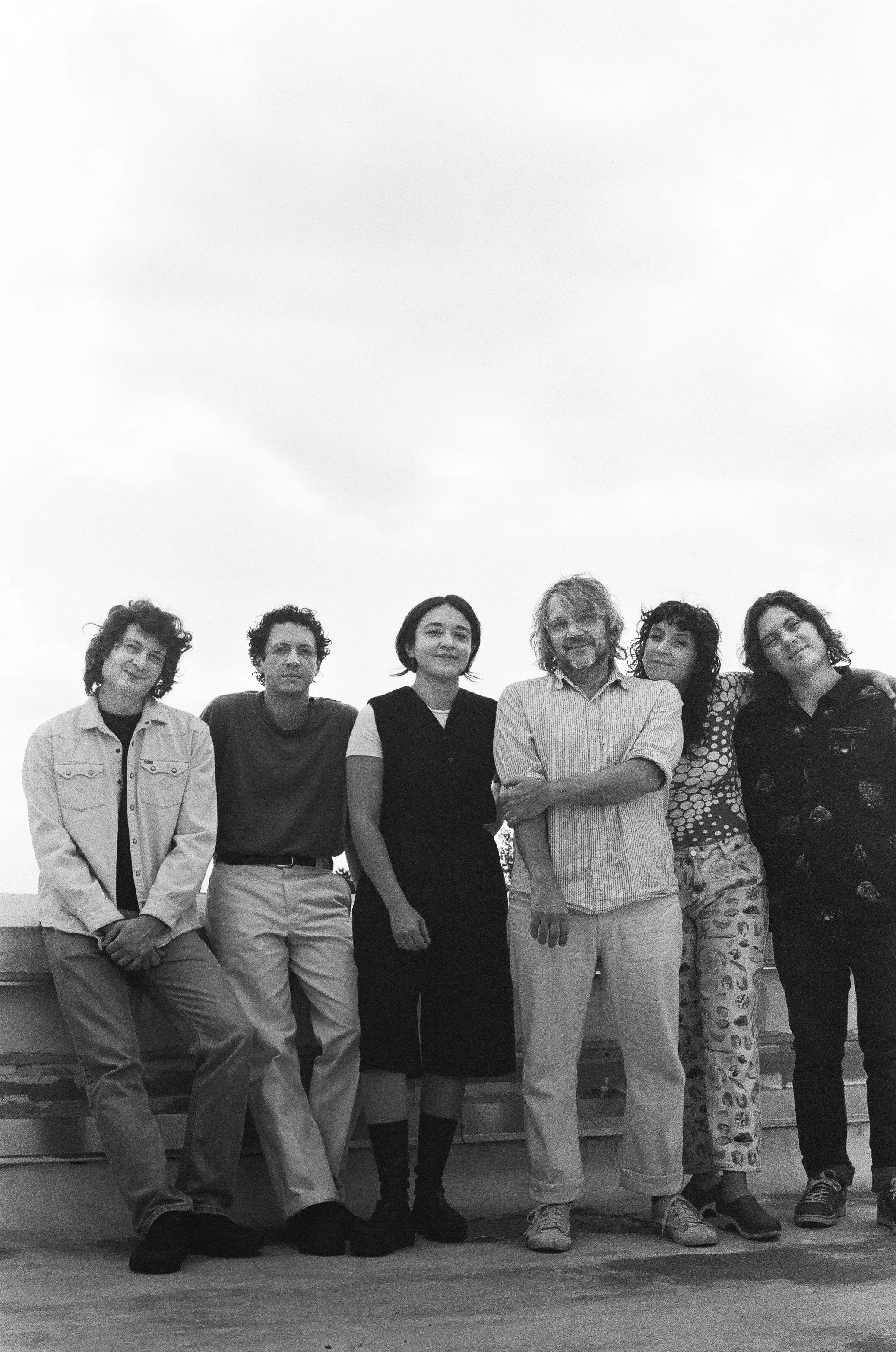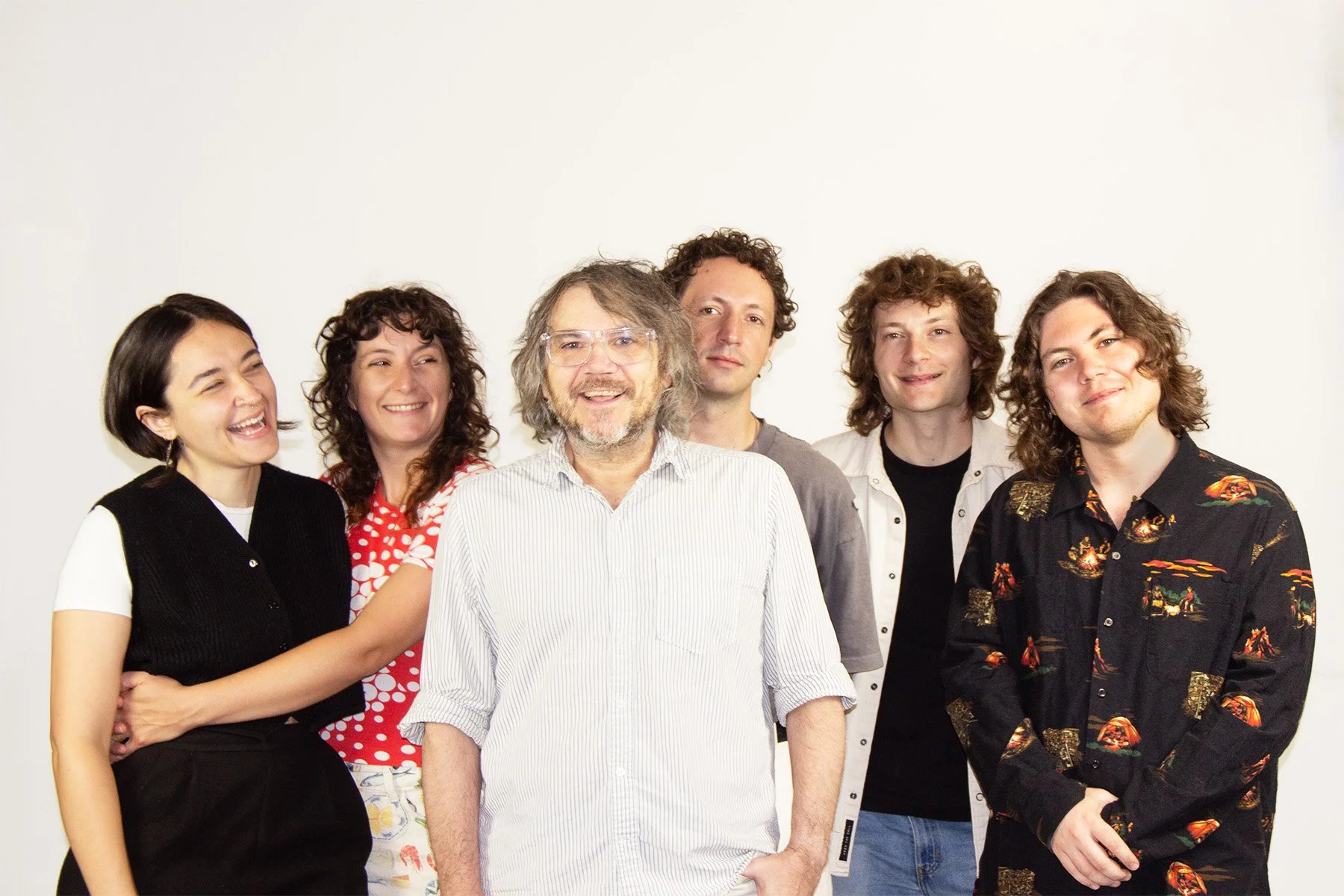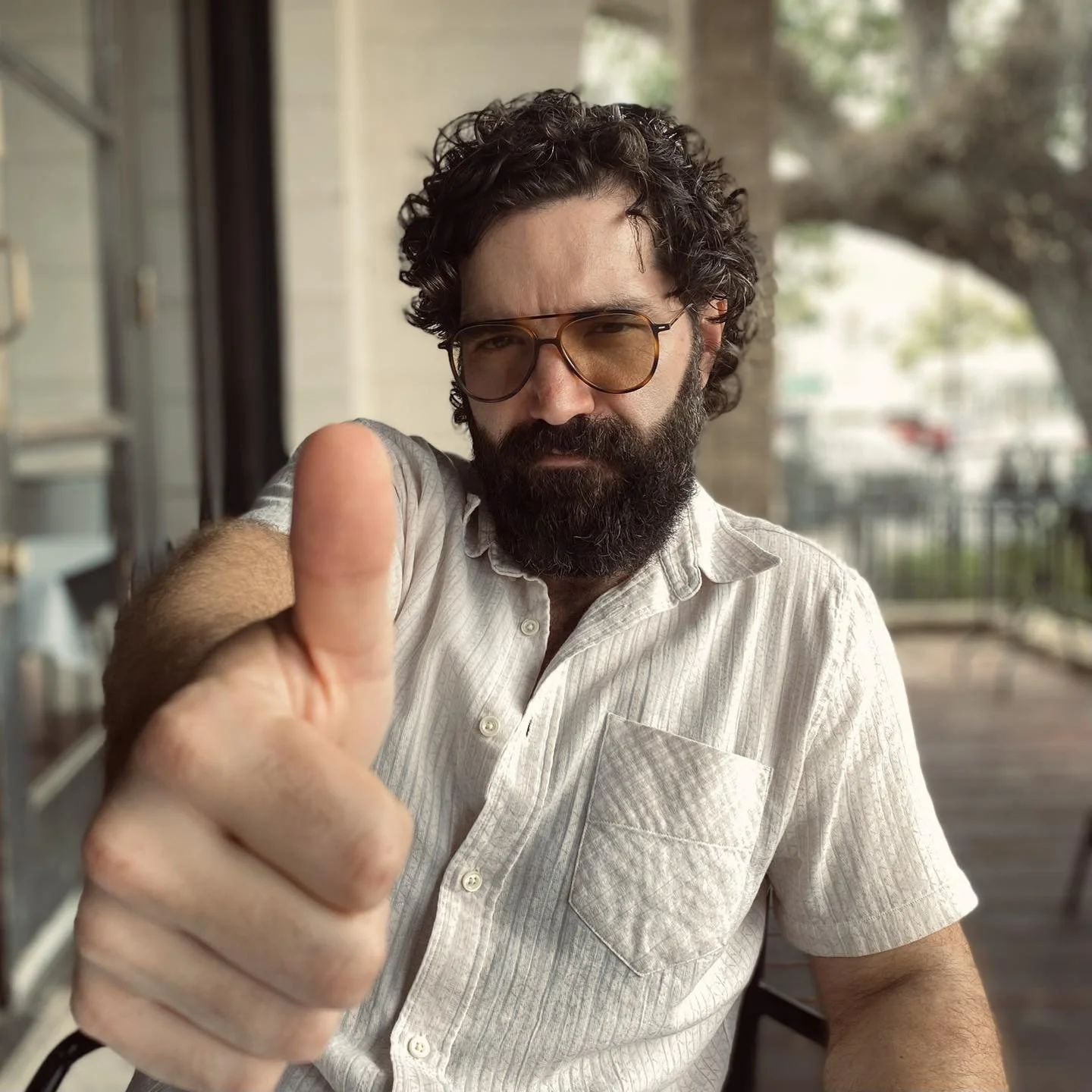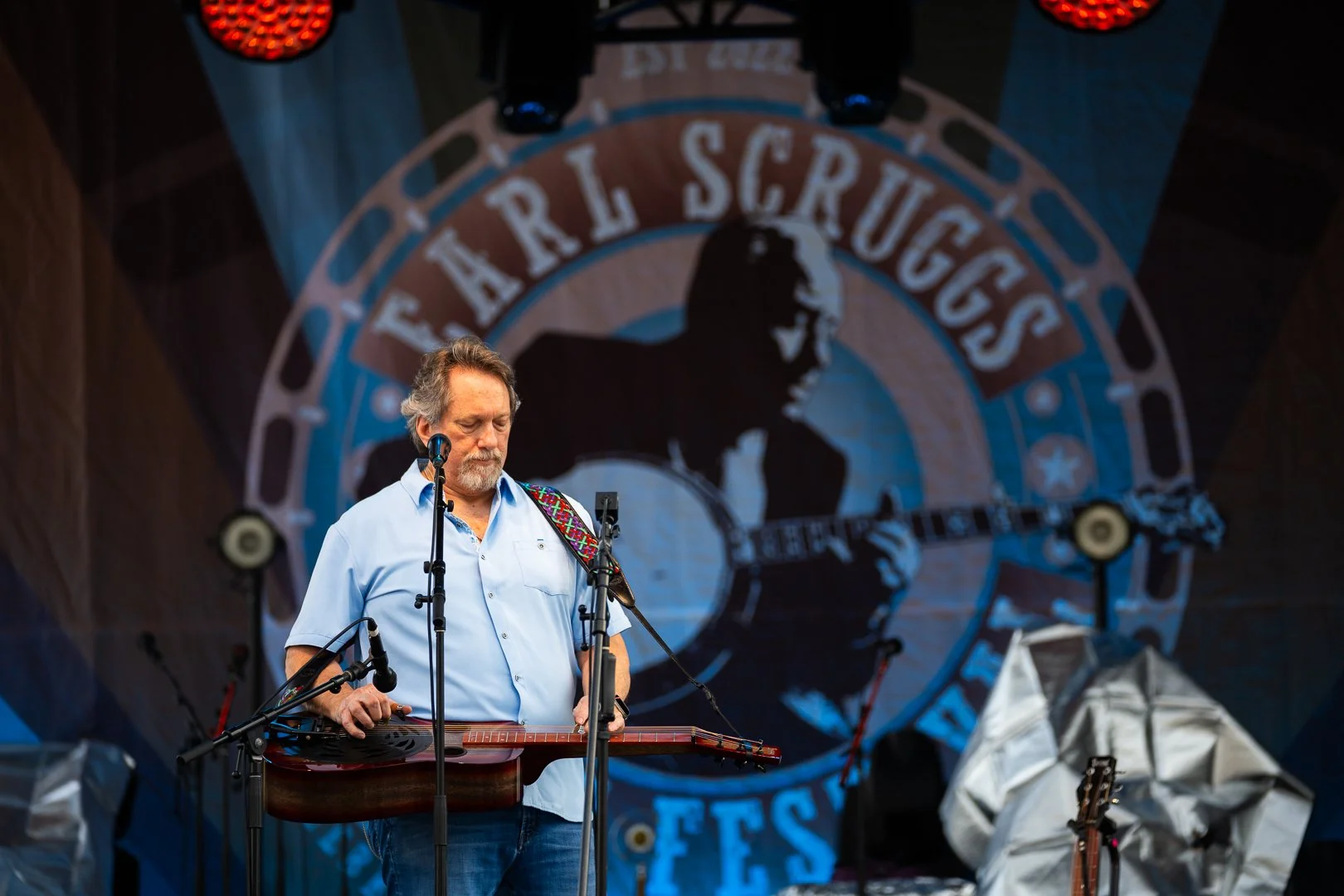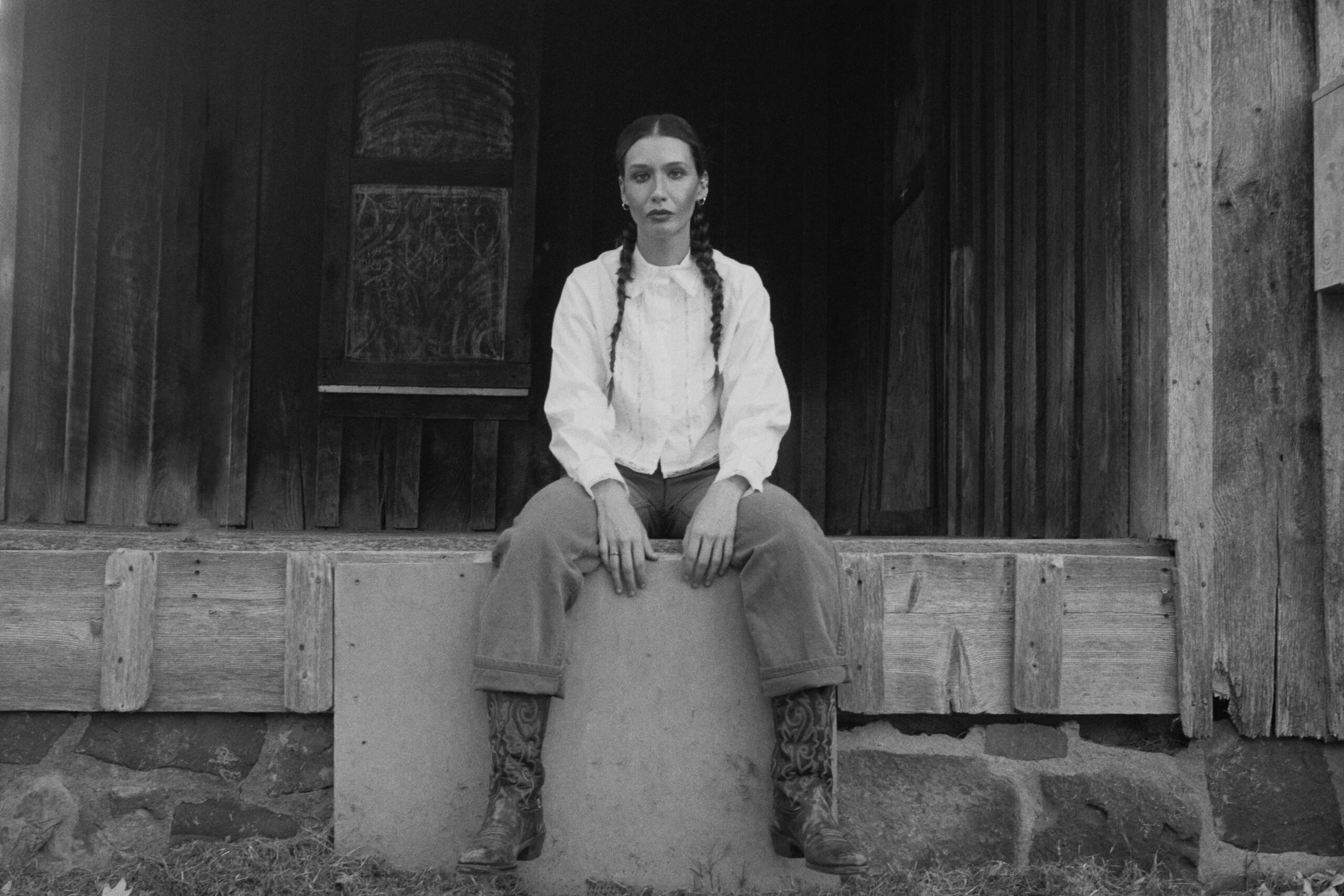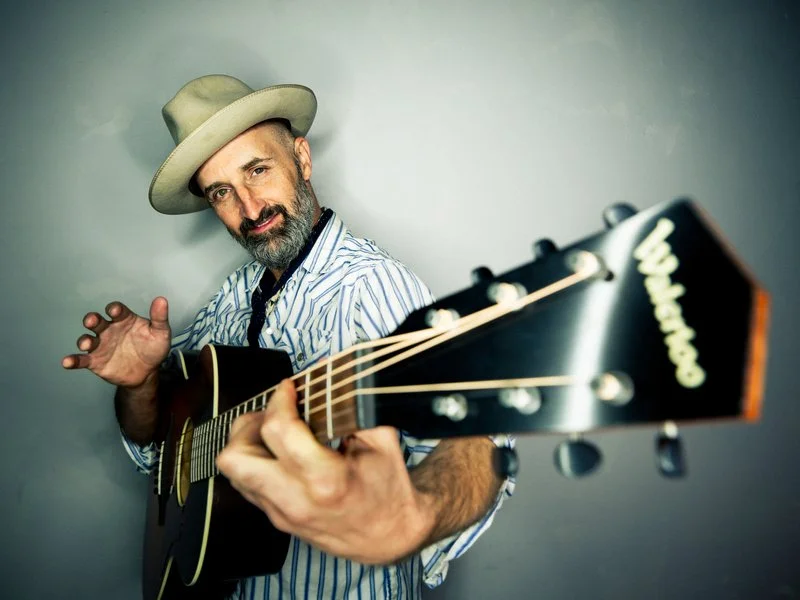Chalk this one up to making myself do something when I was not sure I had it in me. Have you accomplished something even though you were not feeling it that day? I bet you have. And I bet that you, too, benefited from having willed yourself into action. This episode is one of those examples for me. After a full day of interviewing artists and staff at the fall 2025 Albino Skunk Music Festival, I was ready for bed, but I gathered up just enough resolve to wait past midnight to interview The Ruen Brothers. It was the first interview I have conducted that late — the time stamp on the audio file of our conversation reads 1:37AM — but it was well worth it. I hope you agree upon hearing this episode.
The Ruen Brothers perform at The Albino Skunk Music Festival 11/03/25
Photo: Flash Thompson
Songs heard in this episode:
“Cabin on the Hill” by The Ruen Brothers, performed live at The Albino Skunk Music Festival 10/03/25
“Desert Showers” by The Ruen Brothers, from Awooo, excerpt
“Bonfire” by The Ruen Brothers, from Awooo, excerpt
“Unknown” by The Ruen Brothers, performed live at The Albino Skunk Music Festival 10/03/25, excerpt
“Secret Agent Man” by The Ruen Brothers, performed live at The Albino Skunk Music Festival 10/03/25
Thank you for listening, and we hope you can spread awareness of this endeavor and help us grow. Please take a moment and give us a top rating on your podcast platform of choice, and where you can, a review. It makes a big impact on the ranking and therefore the visibility of this series to all the other music fans who also follow podcasts. This is Southern Songs and Stories, where our quest is to explore and celebrate the unfolding history and culture of music rooted in the American South, and going beyond to the styles and artists that it inspired and informed. - Joe Kendrick
